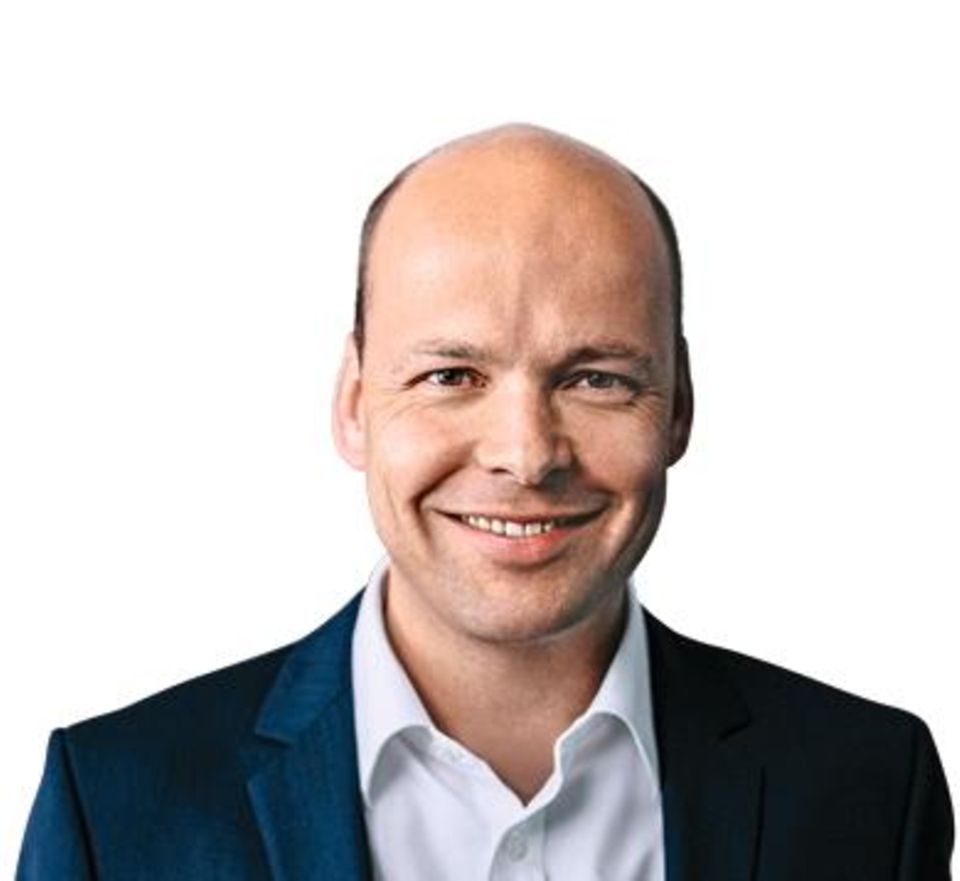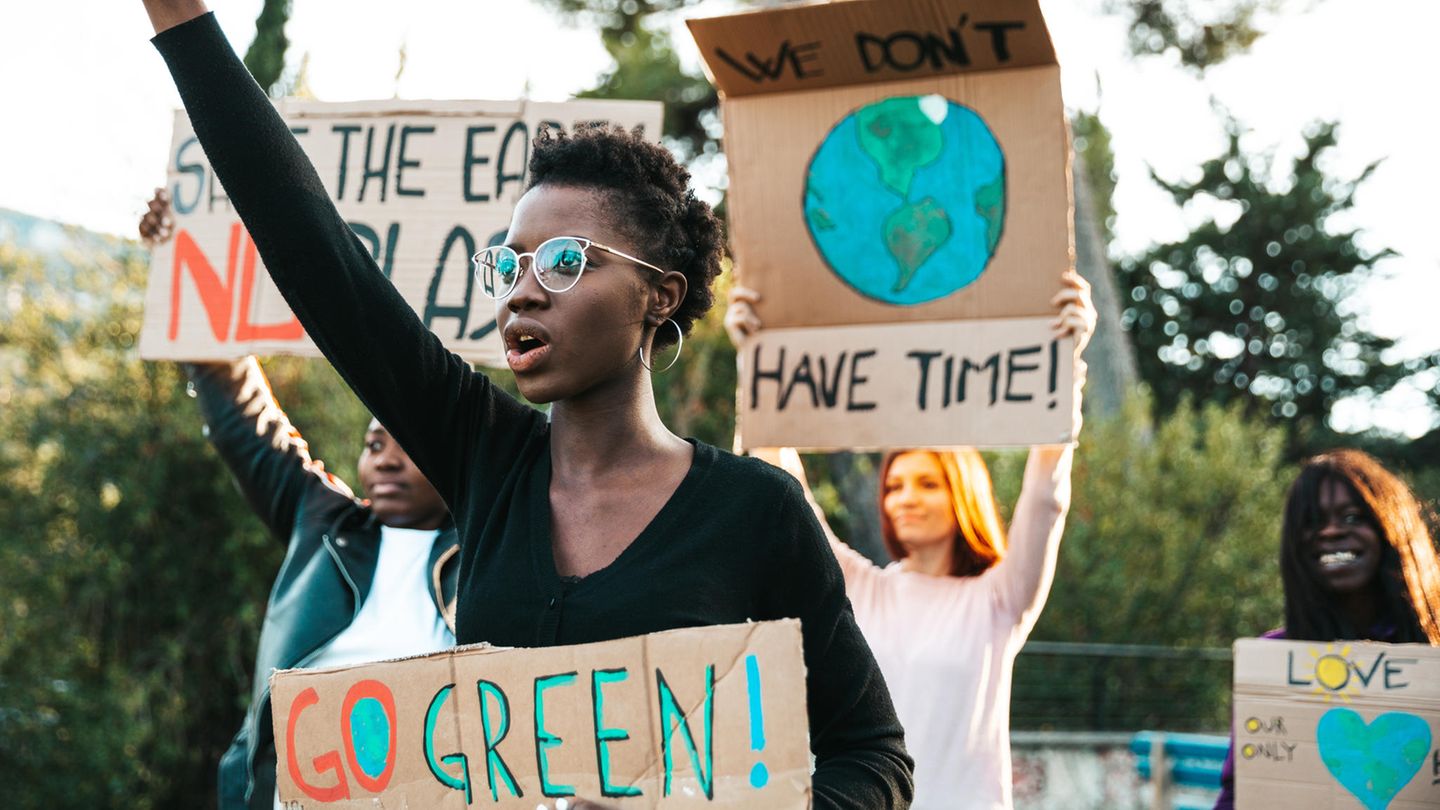The energy transition country is shocked to discover that too little has happened in terms of climate protection. If we don’t use the big levers, that will hardly change. That also means: using technologies that are frowned upon by us.
Horst von Buttlar
Angela Merkel wants to let others judge her chancellorship, which is certainly wise. Two weeks ago, she took stock of the climate, at least: She personally put in “a lot of effort”, but “not enough happened”. Remarkable, not only because it is sobering, but because it took stock for all of us: much done and too little achieved. How could that happen in the country of the energy transition, us world market leaders in saving the world?

Under the impression of the biblical floods, reasons are sought – and myths are spun: The minimum distance of 1,000 meters for wind turbines! That prevented more green electricity, as did Peter Altmaier, the Red Milan and stubborn residents. The ecological stab in the back is done. So what to do Sure, more wind turbines, more speed. A “climate change”, says Markus Söder. Sounds like a detergent advertisement: brilliant white – now with 20 percent more content!
I see four reasons why “not enough” has happened in terms of climate protection, even though we have invested three-digit billion sums since 2000. And if we do not correct them, we will continue to experience disappointments in the future.
That success had a dirty secret
First, it is true. For many years there have been issues that were more important or urgent to us. There were crises, the euro crisis, the refugee crisis, the pandemic, we were on other major construction sites. Before Corona, we also expanded our pockets of prosperity for a decade. The climatic tipping point seemed far away, something with 2030 or 2050.
Second, and this is where it gets more painful: Green politicians, too, now admittedly, whispering and furtively, that “the wrong pig was slaughtered” 20 years ago. The energy transition was aimed at phasing out nuclear power – not at the end of coal. The electricity mix changed successfully from 2000 onwards, with fewer CO2 emissions. Germany tore its goals in some years, 2020 was only good thanks to Corona. The core, the Renewable Energy Sources Act (EEG), led to the fact that today half of the electricity comes from wind power, sun and biomass. An amount of energy of 450 billion kilowatt hours from renewables!
But this success had a dirty secret for years: The share of lignite in the electricity mix also rose, in 2018 it was almost as high as in 2000, many years higher. What if the goal back then had been to phase out coal? A goal that the British have, by the way, behind them. They introduced a high price for CO2 early on, which has now swept all coal-fired power plants out of the market.
Deep-seated hostility to technology
And that brings us to the third point: the big levers. We often talk and argue about what sounds good but is of little use. Domestic flights, for example – highly symbolic, responsible for 0.3 percent of German CO2 emissions. Coal is and will remain a major lever. What if we didn’t shut down the three nuclear power plants Grohnde, Brokdorf and Gundremmingen at the end of the year and preferred to phase out coal? I’ve been asking this question for years. Nuclear power, I experience in the reactions, is roughly what Lord Voldemort is in “Harry Potter”: the one whose name must not be mentioned. And because there are such taboos, we spend a lot of energy and money, arguing, messing around, tearing CO2 targets and then ending up with a minimum distance of 1,000 meters and speed limits.
The fourth point of our constant self-deception with the “pace of climate protection” is a deep-seated hostility towards technology. We want to save the world, but we refuse to store CO2 underground (which can happen in Holland or Norway). Here we need more openness, a willingness to experiment and honesty.
David William is a talented author who has made a name for himself in the world of writing. He is a professional author who writes on a wide range of topics, from general interest to opinion news. David is currently working as a writer at 24 hours worlds where he brings his unique perspective and in-depth research to his articles, making them both informative and engaging.




